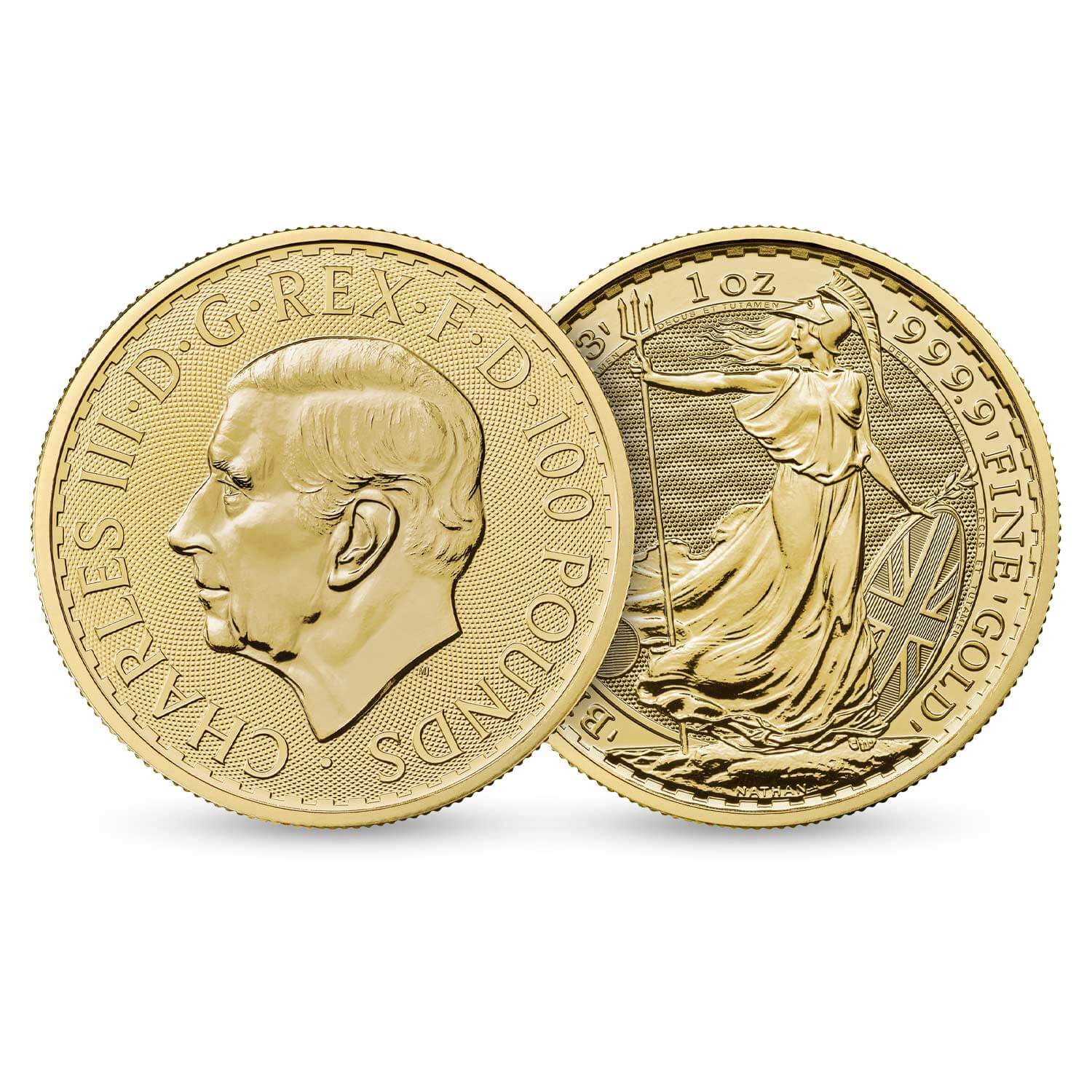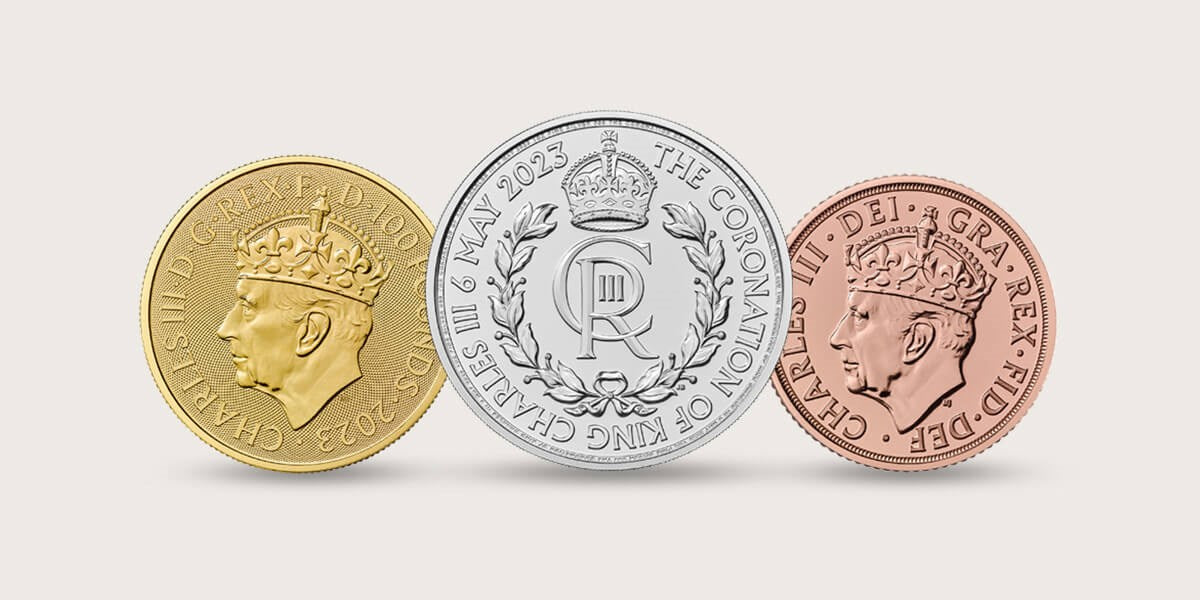

Regardless of your level of investment experience, our consultative approach offers guidance tailored to maximise your investment potential, whether you're a seasoned investor or just starting out.


- Purity and Authenticity: Ask for certificates of authenticity or assay certificates that validate the purity and authenticity of the gold. These certificates provide details about the gold's composition and origin.
- Hallmarks and Stamps: Legitimate gold often bears hallmarks or stamps indicating its purity level and origin. Research these marks to ensure they align with the standards of reputable refineries or mints.
- Physical Inspection: Conduct a physical inspection of the gold. Check for consistency in color, weight, and appearance. Gold should not be magnetic; you can use a magnet to check for any attraction, as gold is not magnetic.
- Reputation of Seller: Purchase from reputable sellers with a history of trustworthy transactions. Established sellers are more likely to sell authentic gold.
- Third-Party Verification: Utilize third-party verification services or labs to authenticate the gold. They can perform tests and provide detailed analyses to confirm the gold's legitimacy.
- Avoid Unusual Deals: Be cautious of deals offering gold at significantly lower prices than the market rate. Unrealistically low prices might indicate counterfeit or impure gold.
- Documentation and Receipts: Ensure you receive proper documentation and a detailed receipt for your purchase, including all relevant information about the gold, such as weight, purity, and transaction details.
- Legal Compliance: Verify that the seller complies with legal regulations and provides necessary documentation for the sale. This includes adherence to anti-money laundering (AML) and Know Your Customer (KYC) regulations.


Working out how much gold is worth can depend on a number of factors. The constantly changing gold price, the amount of gold, and the form the gold is all in call have an impact on how much gold is worth.
The standard bar traded by banks and bullion dealers is the London Bullion Market Association (LBMA) Good Delivery bar, which weighs around 12.5kg in weight. According to the LBMA Good Delivery Rules, a gold bar must contain at least 995.0 parts per thousand fine gold (99.5%), making it a 24-carat bullion bar. At a time when gold costs £31 per gram, a 12.5kg bar would be worth roughly £406,000.


- High-Pressure Tactics: Be cautious of high-pressure sales tactics, such as urgent offers, limited-time deals, or exaggerated claims about potential returns.
- Unsolicited Offers: Unsolicited calls, emails, or messages pushing for immediate investment without adequate information or transparency might signal sales pressure.
- Guaranteed Returns: Be wary of promises of guaranteed returns or overly optimistic projections without acknowledging potential risks.
- Lack of Transparency: If there's a lack of clear information about fees, terms, or the investment process, it could be a red flag.
- Pushy Behaviour: Salespersons or marketing materials that push you to invest quickly without allowing time for proper research or due diligence might indicate pressure tactics.
- Emotional Appeals: Appeals aimed at evoking fear or FOMO (Fear Of Missing Out) rather than providing factual information could suggest sales pressure.
- Complex Jargon: If the information is overly complex or filled with jargon that makes it hard to understand, it might be an attempt to pressure into hasty decisions.


- Research: Start by researching the seller online. Check their website, reviews, and any available information about their history, certifications, or affiliations.
- Physical Presence: Legitimate sellers often have physical locations or offices. Check for an address, contact information, and if possible, visit their premises.
- Credentials and Certifications: Look for certifications from reputable organizations or industry associations. For instance, the seller might be accredited by organizations like the London Bullion Market Association (LBMA).
- Reviews and Feedback: Check independent review platforms, forums, or consumer protection websites to see what others say about their experiences with the seller.
- Transparency: Legitimate sellers provide transparent information about their products, pricing, fees, and purchasing process. Be cautious if there's a lack of clarity or evasiveness about these details.
- Verification Services: Some sellers offer verification services for the authenticity of their gold. This might include certifications, serial numbers, or assay certificates for the gold they sell.
- Track Record and Experience: Consider the seller's track record and experience in the industry. Established sellers with a history of reputable transactions are more likely to be legitimate.
- Legal Compliance: Ensure the seller complies with legal regulations. Check if they are registered with relevant authorities and adhere to anti-money laundering (AML) and Know Your Customer (KYC) regulations.
Always exercise caution and conduct due diligence before making any significant purchases. If in doubt, seek advice from financial advisors or consult reputable gold investment sources for guidance.

Regardless of your level of investment experience, our consultative approach offers guidance tailored to maximise your investment potential, whether you're a seasoned investor or just starting out.

- Purity and Authenticity: Ask for certificates of authenticity or assay certificates that validate the purity and authenticity of the gold. These certificates provide details about the gold's composition and origin.
- Hallmarks and Stamps: Legitimate gold often bears hallmarks or stamps indicating its purity level and origin. Research these marks to ensure they align with the standards of reputable refineries or mints.
- Physical Inspection: Conduct a physical inspection of the gold. Check for consistency in color, weight, and appearance. Gold should not be magnetic; you can use a magnet to check for any attraction, as gold is not magnetic.
- Reputation of Seller: Purchase from reputable sellers with a history of trustworthy transactions. Established sellers are more likely to sell authentic gold.
- Third-Party Verification: Utilize third-party verification services or labs to authenticate the gold. They can perform tests and provide detailed analyses to confirm the gold's legitimacy.
- Avoid Unusual Deals: Be cautious of deals offering gold at significantly lower prices than the market rate. Unrealistically low prices might indicate counterfeit or impure gold.
- Documentation and Receipts: Ensure you receive proper documentation and a detailed receipt for your purchase, including all relevant information about the gold, such as weight, purity, and transaction details.
- Legal Compliance: Verify that the seller complies with legal regulations and provides necessary documentation for the sale. This includes adherence to anti-money laundering (AML) and Know Your Customer (KYC) regulations.

Working out how much gold is worth can depend on a number of factors. The constantly changing gold price, the amount of gold, and the form the gold is all in call have an impact on how much gold is worth.
The standard bar traded by banks and bullion dealers is the London Bullion Market Association (LBMA) Good Delivery bar, which weighs around 12.5kg in weight. According to the LBMA Good Delivery Rules, a gold bar must contain at least 995.0 parts per thousand fine gold (99.5%), making it a 24-carat bullion bar. At a time when gold costs £31 per gram, a 12.5kg bar would be worth roughly £406,000.

- High-Pressure Tactics: Be cautious of high-pressure sales tactics, such as urgent offers, limited-time deals, or exaggerated claims about potential returns.
- Unsolicited Offers: Unsolicited calls, emails, or messages pushing for immediate investment without adequate information or transparency might signal sales pressure.
- Guaranteed Returns: Be wary of promises of guaranteed returns or overly optimistic projections without acknowledging potential risks.
- Lack of Transparency: If there's a lack of clear information about fees, terms, or the investment process, it could be a red flag.
- Pushy Behaviour: Salespersons or marketing materials that push you to invest quickly without allowing time for proper research or due diligence might indicate pressure tactics.
- Emotional Appeals: Appeals aimed at evoking fear or FOMO (Fear Of Missing Out) rather than providing factual information could suggest sales pressure.
- Complex Jargon: If the information is overly complex or filled with jargon that makes it hard to understand, it might be an attempt to pressure into hasty decisions.

- Research: Start by researching the seller online. Check their website, reviews, and any available information about their history, certifications, or affiliations.
- Physical Presence: Legitimate sellers often have physical locations or offices. Check for an address, contact information, and if possible, visit their premises.
- Credentials and Certifications: Look for certifications from reputable organizations or industry associations. For instance, the seller might be accredited by organizations like the London Bullion Market Association (LBMA).
- Reviews and Feedback: Check independent review platforms, forums, or consumer protection websites to see what others say about their experiences with the seller.
- Transparency: Legitimate sellers provide transparent information about their products, pricing, fees, and purchasing process. Be cautious if there's a lack of clarity or evasiveness about these details.
- Verification Services: Some sellers offer verification services for the authenticity of their gold. This might include certifications, serial numbers, or assay certificates for the gold they sell.
- Track Record and Experience: Consider the seller's track record and experience in the industry. Established sellers with a history of reputable transactions are more likely to be legitimate.
- Legal Compliance: Ensure the seller complies with legal regulations. Check if they are registered with relevant authorities and adhere to anti-money laundering (AML) and Know Your Customer (KYC) regulations.
Always exercise caution and conduct due diligence before making any significant purchases. If in doubt, seek advice from financial advisors or consult reputable gold investment sources for guidance.







